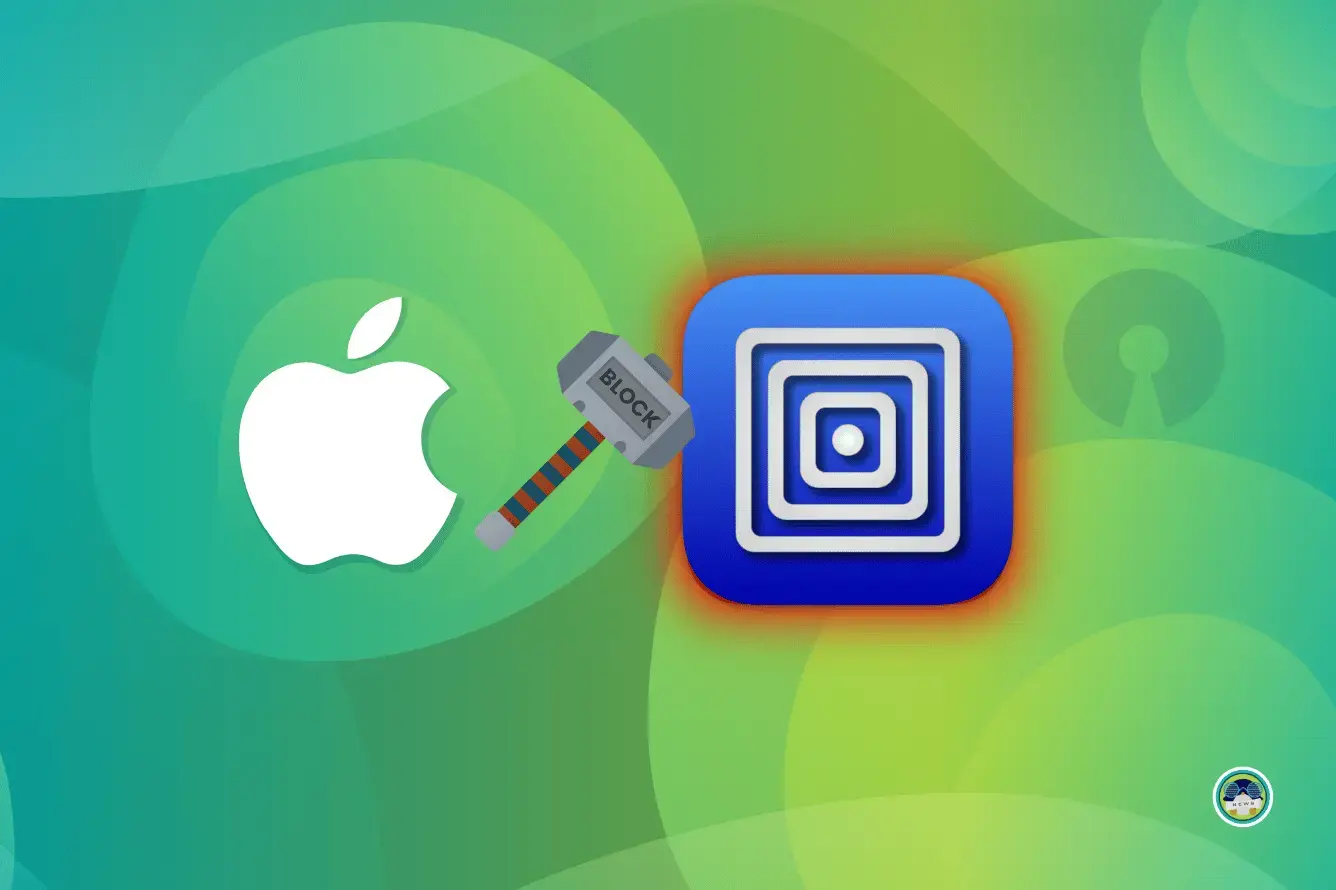Apple has a long-running history of guarding their walled garden by not allowing much interoperability with other standards that are the current norm in the industry, while also going on to reinvent, giving features a novel-sounding name.
Of course, the European Union’s Digital Markets Act (DMA) has been successful in making Apple do things that they wouldn’t ever do, if it weren’t the law to do so.
However, Apple still does its best to gate keep developers who aren’t their own, and one such recent incident caught my attention that involves their typical “my way or the highway” approach to things.
Apple Loves to Gatekeep: When Will They Stop?
Posted on X by the UTM project, they revealed that Apple rejected their application for publishing the UTM SE app after a two-month-long review process, citing that “Rule 4.7” of their App Review Guidelines didn’t apply to it.
That rule is meant to allow game emulators, mini apps, chatbots, plugins, etc. to be published on the App Store.
The developers of UTM mention that Apple even went the extra step, and disallowed the publishing of UTM SE on third-party marketplaces. They added that:
The App Store Review Board determined that “PC is not a console” regardless of the fact that there are retro Windows/DOS games for the PC that UTM SE can be useful in running.
If you are not familiar, UTM is a QEMU-powered open-source emulator/virtual machine host for iOS and macOS, a popular tool to run alternative operating systems (such as ones based on Linux, or even Windows) on Apple devices.
There’s more information in the linked article.
Apple’s constant anti-interoperability stance is the core reason I do not and will not own their products
“The developers of UTM mention that Apple even went the extra step, and disallowed the publishing of UTM SE on third-party marketplaces.”
Apple do realize third party marketplaces can have their own rules because they are not affiliated with them right?
I believe Apple still has the power to block third party store apps based on signature. It’s a security thing to be able clean malware.
I’m sure the EU will love that bit of malicious compliance that apple have shown they will use to remove non-malware that they just don’t approve of using the same mechanism…



